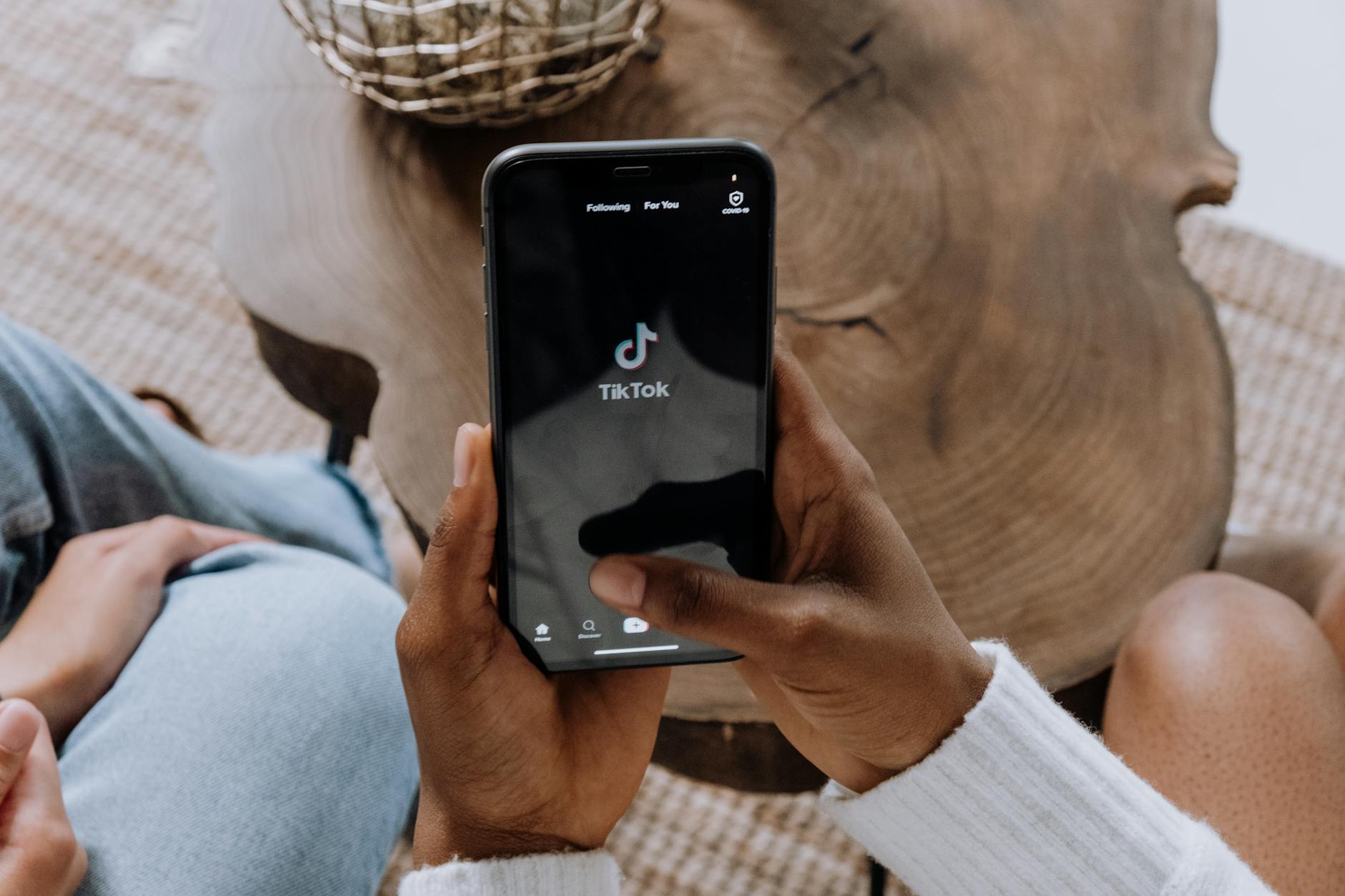From Struggle to Success: How a Fitness App Empowered a Woman’s 20-Pound Weight Loss Journey
A digital tool proves to be a game-changer for one woman’s long-term health goals, bypassing traditional gym routines.
In the ongoing quest for better health and fitness, many individuals find themselves navigating a landscape often dominated by gym memberships and intense workout routines. However, for some, the path to a healthier lifestyle can be found in more accessible, digitally-driven solutions. This article delves into the experience of Becky, a woman who, after years of struggling with her weight, found significant success using a fitness app, shedding 20 pounds in just eight weeks without ever setting foot in a gym. Her journey highlights the evolving accessibility of fitness tools and the potential for technology to support diverse health and wellness goals.
A Brief Introduction On The Subject Matter That Is Relevant And Engaging
The pursuit of a healthy weight and improved overall well-being is a common aspiration, yet it often comes with perceived barriers, such as time constraints, cost, or intimidation associated with traditional fitness environments. Becky’s story offers a compelling narrative that challenges these assumptions. Her experience with the WalkFit app demonstrates how a targeted, user-friendly digital platform can be instrumental in achieving substantial weight loss results in a relatively short period. This case study provides an accessible entry point for understanding how app-based fitness solutions are reshaping personal health journeys, making them more attainable for a broader audience.
Background and Context To Help The Reader Understand What It Means For Who Is Affected
Becky’s struggle with weight and overall health began in her teenage years, a period often marked by significant physical and emotional changes. This prolonged battle underscores the deeply personal and often challenging nature of weight management. For individuals who have grappled with these issues for an extended duration, finding a sustainable and effective solution can be a monumental task. The advent of fitness apps like WalkFit enters this context by offering a structured yet flexible approach that can be integrated into daily life. For those who may not have the resources, time, or inclination for traditional gym-based fitness, or who find themselves daunted by that environment, the success of a program like WalkFit suggests a viable alternative. It implies a shift in how fitness is perceived and accessed, moving beyond physical locations to digital interfaces that can be utilized anywhere, at any time. This democratizes access to tools that can facilitate healthier lifestyles, potentially impacting millions who face similar challenges.
In Depth Analysis Of The Broader Implications And Impact
Becky’s success with the WalkFit app is more than just a personal triumph; it reflects a broader trend in the health and wellness industry. The proliferation of fitness technology, from wearable devices to sophisticated mobile applications, is fundamentally altering how people engage with their health. Apps like WalkFit often focus on accessible activities, such as walking, and provide structured programs that can be customized to individual needs and progress. This approach is particularly impactful for those who find high-intensity or gym-centric workouts to be exclusionary or unsustainable. The ability to lose a significant amount of weight, as Becky did, without the need for gym equipment or specialized classes, points to the efficacy of these digital solutions. It suggests that a well-designed app, combined with user commitment, can provide the necessary guidance, motivation, and tracking to achieve substantial health outcomes. This has significant implications for public health, potentially offering scalable and cost-effective ways to combat obesity and promote healthier living, especially in communities where access to traditional fitness facilities may be limited. Furthermore, it validates the growing market for at-home and digitally-delivered fitness, encouraging further innovation in this space.
Key Takeaways
- Accessibility: Fitness apps can provide effective weight loss solutions without the need for gym memberships or specialized equipment.
- Sustained Results: Becky’s 20-pound loss in eight weeks demonstrates that consistent engagement with an app can lead to significant and relatively rapid results.
- Holistic Approach: Many fitness apps incorporate elements beyond just exercise, potentially including nutritional guidance or motivational support, contributing to overall well-being.
- Personalization: Apps often allow for customization based on individual fitness levels and goals, making them adaptable to a wide range of users.
- Empowerment: Digital fitness tools can empower individuals who may have felt excluded from traditional fitness settings, offering a pathway to improved health on their own terms.
What To Expect As A Result And Why It Matters
For individuals considering a similar path, Becky’s experience suggests that adopting a fitness app can lead to tangible weight loss and an improvement in overall health metrics. The consistency required to follow an app-based program often translates into building healthier habits that can be maintained long-term. The “why it matters” lies in the increased accessibility and personalization of fitness. It means that achieving health goals is no longer exclusively tied to expensive gym memberships or demanding workout schedules. Instead, with commitment and the right digital tools, individuals can integrate fitness into their daily lives in a way that is manageable and sustainable. This can lead to increased confidence, improved energy levels, and a greater sense of control over one’s health. Furthermore, it contributes to broader public health goals by offering a scalable and potentially more affordable avenue for individuals to manage their weight and improve their well-being. The success of such apps can inspire innovation, leading to even more diverse and effective digital health solutions in the future.
Advice and Alerts
When exploring fitness apps, it’s crucial to research and choose a platform that aligns with your personal health goals and preferences. Look for apps that offer clear guidance, trackable progress, and a supportive community if that’s something you find motivating. Be realistic about your expectations; while Becky’s results are impressive, individual progress can vary based on factors like metabolism, diet, and adherence to the program. It’s always advisable to consult with a healthcare professional before starting any new fitness or weight loss program, especially if you have underlying health conditions. While apps can be powerful tools, they should ideally complement a balanced diet and a healthy lifestyle overall. Be wary of apps that promise unrealistic results or rely on overly aggressive marketing tactics. Focus on apps that promote sustainable habit-building and overall well-being rather than quick fixes.
Annotations Featuring Links To Various Official References Regarding The Information Provided
- WalkFit App: While the specific details of the WalkFit app used by Becky are not extensively detailed in the provided summary, general information on fitness and walking apps can be found on health and technology review websites. For general advice on choosing fitness apps, consider resources from reputable health organizations.
- Weight Management and Health: For comprehensive information on weight management, healthy eating, and exercise, the following official resources are highly recommended:
- Benefits of Walking: The health benefits of regular physical activity, including walking, are well-documented.











